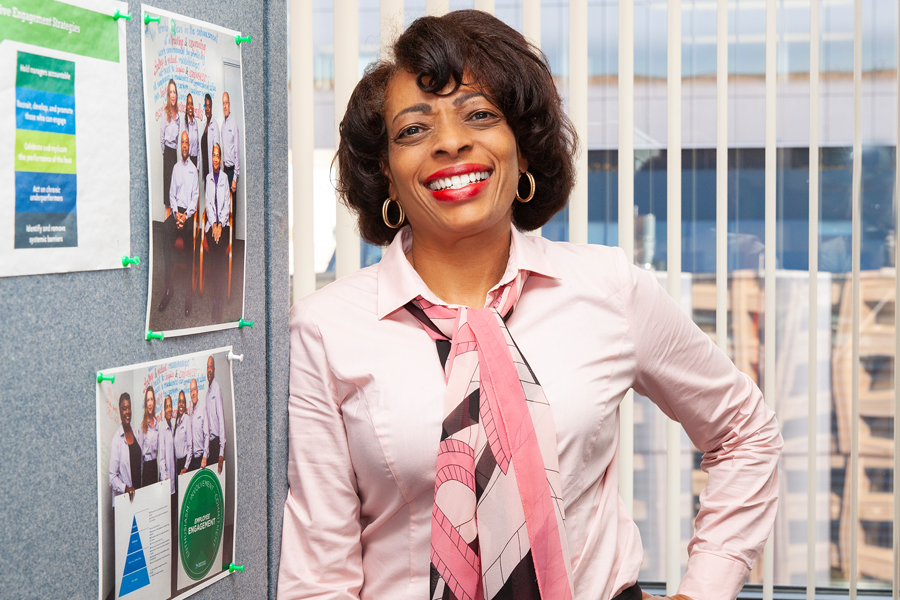Linda Williams-Brettingen received life-changing news in 2008 after visiting her doctor for a yearly checkup.
The 36-year Postal Service employee was diagnosed with breast cancer — something she didn’t think could happen to someone like her.
“I was an athlete who ate healthy and stayed fit, and I still got it,” said Williams-Brettingen, an organizational development specialist at USPS headquarters in Washington, DC.
She is one of many Postal Service employees across the nation who are participating in Breast Cancer Awareness Month, which is observed each October.
Williams-Brettingen, now a 10-year survivor, and her two sons run each year in a breast cancer fundraising race in Minnesota organized by the Susan G. Komen organization.
She also purchases Breast Cancer Research semipostal stamps and contributes to the Komen organization through fundraising efforts for the Race for the Cure.
Additionally, she encourages employees to support breast cancer research through the Combined Federal Campaign, the federal government’s annual workplace giving program. This year’s campaign is underway through Jan. 11.
“Support the cause,” Williams-Brettingen said. “When you see an event that’s raising money for breast cancer, contribute. You may have a mother, sister, niece, father, uncle or brother who can be affected.”
Kathleen Harper, a human resources program and policy analyst who oversees the Postal Service’s CFC efforts, appreciates Williams-Brettingen’s efforts.
“It’s always gratifying to see employees who’ve benefitted from CFC charities show their support for those organizations during the campaign,” Harper said.
Above all, Williams-Brettingen encourages those who are diagnosed with breast cancer to tell their loved ones right away.
“Don’t see it as a stigma and be too ashamed to share,” she said. “There are different support systems in place, and your doctors can help you find resources as well as organizations.”
